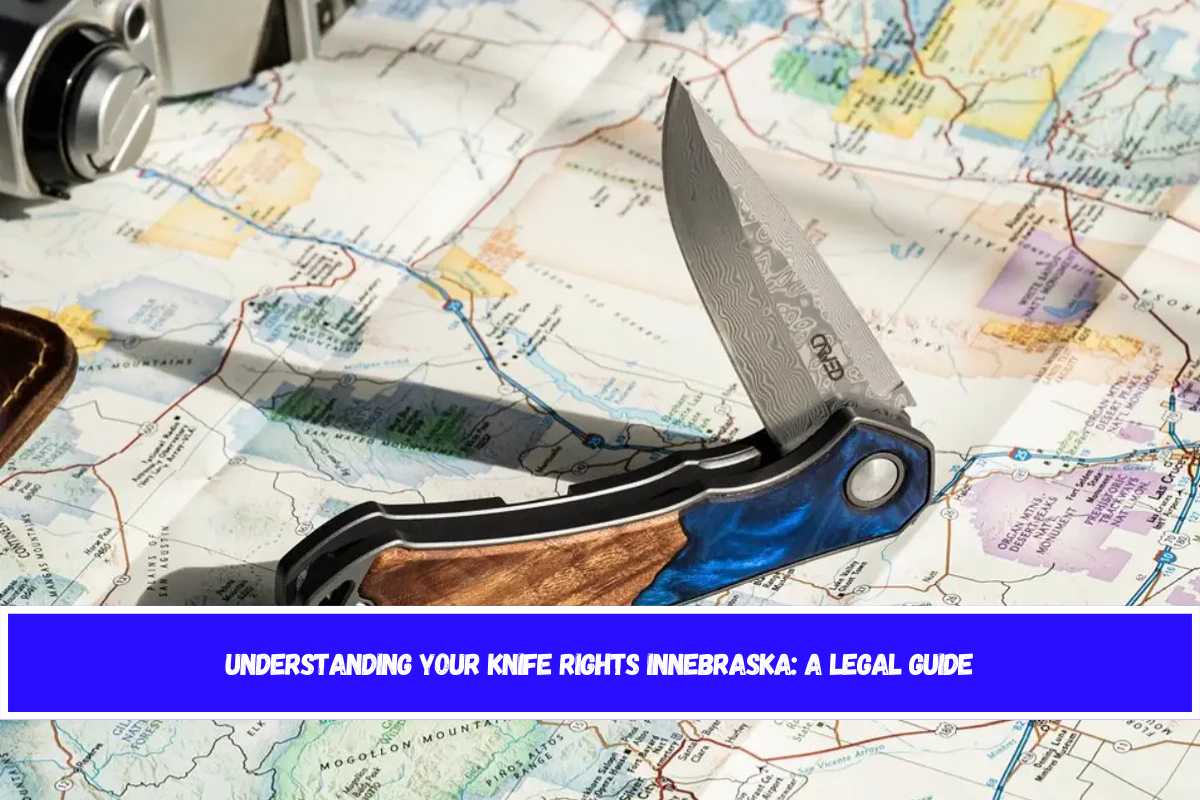New Mexico does not have a formal “Stand Your Ground” statute. However, its self-defense laws, shaped by court decisions and jury instructions, function in a way that is similar in some respects to “stand your ground” principles, but with important distinctions.
Key Points of New Mexico Self-Defense Law
No Duty to Retreat
- New Mexico law, through court precedent and jury instructions (not statute), holds that a person who is threatened with an attack does not have a duty to retreat before using force in self-defense, even if retreat is safely possible.
- This applies both inside and, to some extent, outside the home, but the context and justification for using force are closely scrutinized by authorities and courts.
Castle Doctrine
- New Mexico applies the Castle Doctrine, which allows individuals to use force, including deadly force, to protect themselves against an intruder unlawfully and forcibly entering their home.
- The law presumes that an intruder entering a home intends to commit an unlawful act involving force or violence, granting the homeowner the right to defend themselves accordingly.
- However, the use of deadly force is generally only justified if the individual reasonably believes it is necessary to prevent imminent death or great bodily harm.
Use of Deadly Force
- Deadly force is not justified solely for the protection of property. There must be a reasonable belief of imminent threat to life or serious bodily harm.
- Each case is evaluated on its specific facts, especially when incidents occur outside the home.
No Blanket Immunity
- Unlike some “stand your ground” states, New Mexico does not provide statutory immunity from prosecution or civil lawsuits for those who use deadly force in self-defense.
Comparison Table: New Mexico vs. Typical “Stand Your Ground” States
| Feature | New Mexico | Typical “Stand Your Ground” State |
|---|---|---|
| Duty to Retreat (Public) | No duty to retreat, but case-specific | No duty to retreat, by statute |
| Duty to Retreat (Home) | No duty to retreat (Castle Doctrine) | No duty to retreat (Castle Doctrine) |
| Statutory Immunity | No | Yes, in many states |
| Use of Deadly Force | Must be reasonable, threat of harm | Must be reasonable, threat of harm |
| Protection of Property Alone | Not justified | Not justified |
Practical Implications
- You may defend yourself without retreating if you reasonably believe you are in imminent danger of serious harm, both at home and, in some cases, in public.
- You cannot use deadly force solely to protect property or against someone merely trespassing.
- Every self-defense case is subject to investigation, and you may need to prove your actions were reasonable and justified under the circumstances.
While New Mexico does not have a formal “stand your ground” law, its self-defense doctrine—rooted in jury instructions and court precedent—permits individuals to stand their ground without a duty to retreat when facing a credible threat. However, the justification for using deadly force is closely scrutinized, and there is no automatic immunity from prosecution or civil liability
Sources:
- https://newmexicocriminallaw.com/is-it-legal-to-shoot-an-intruder-in-new-mexico/
- https://giffords.org/lawcenter/state-laws/stand-your-ground-in-new-mexico/
- https://www.lisatorracolaw.com/blog/2024/03/self-defense-laws-in-new-mexico/
- https://en.wikipedia.org/wiki/Gun_laws_in_New_Mexico
- https://www.nmlegis.gov/sessions/11%20regular/bills/house/HB0228.html
- https://www.granolaw.com/blog/claiming-self-defense-in-nm/














